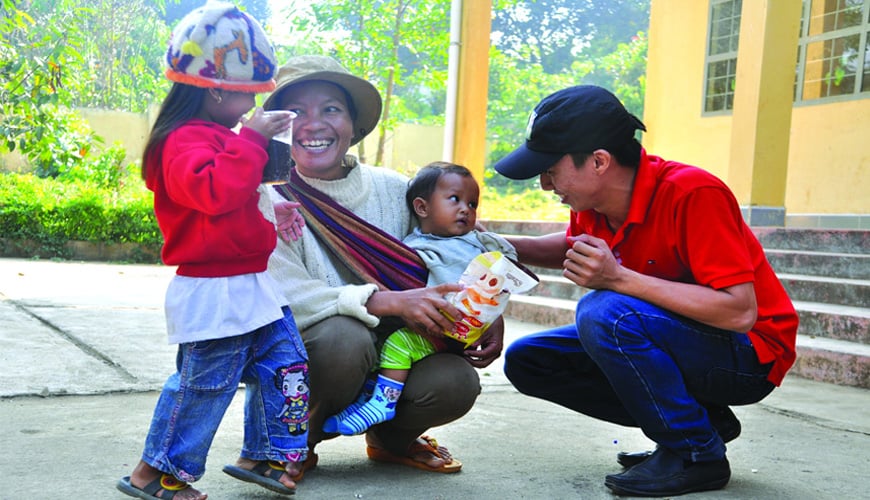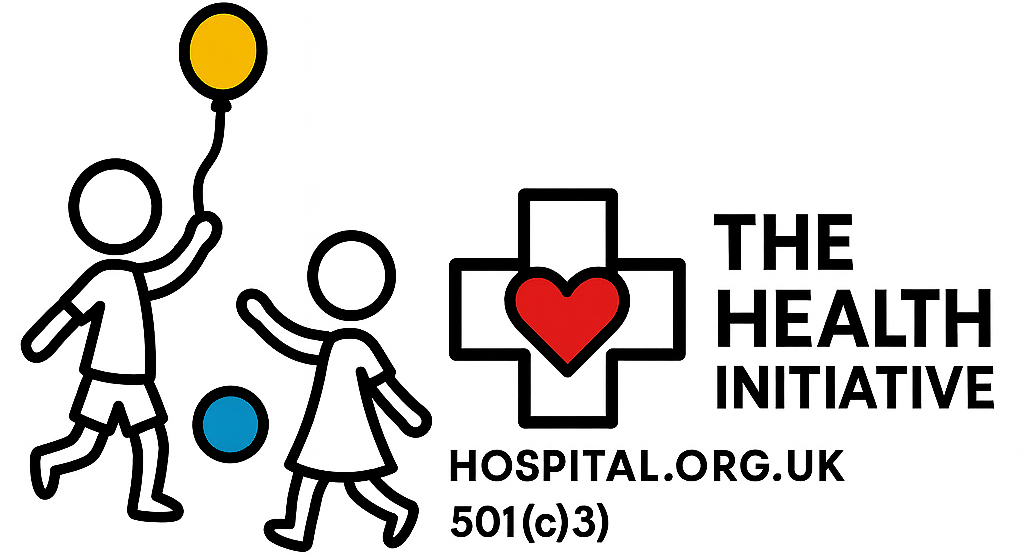Mental Health Matters: Breaking the Stigma

Campaign Overview
Mental health is just as important as physical health, yet stigma and lack of access prevent many in underserved communities from getting help. The Health Initiative launched this campaign to expand mental health services, create support groups, and educate the community about mental wellness.
The Mental Health Crisis in Our Community
1 in 5 adults experience mental illness each year, but in underserved communities, access to care is severely limited. Long wait times, high costs, language barriers, and stigma prevent people from seeking help—often until a crisis occurs.
Program Expansion
Clinical Mental Health Services
- Mental health screenings integrated into primary care
- Depression and anxiety counseling
- Trauma-informed care approaches
- Substance use disorder screening and referrals
- Psychiatric consultation and medication management
- Crisis intervention and safety planning
Support Groups (Free & Open to Community)
- Depression and anxiety support circle (weekly)
- Grief and loss support group (bi-weekly)
- Substance recovery support (weekly)
- Caregiver mental health support (monthly)
- LGBTQ+ wellness and support (monthly)
- Men’s mental health group (monthly)
- Spanish-language support group (weekly)
Community Education & Stigma Reduction
- Mental Health First Aid training for community members
- School programs on youth mental health
- Workplace mental health workshops
- Community forums featuring lived experience stories
- Multilingual mental health resource guides
- “It’s OK to Not Be OK” awareness campaign
Youth Mental Health Initiative
- School-based mental health screenings
- Teen support groups and peer counseling
- Parent education on supporting mental health
- Suicide prevention training for schools and parents
Removing Barriers to Mental Health Care
- Cost: Sliding fee scale, many services free
- Stigma: Community education, anti-stigma messaging
- Language: Services available in Spanish, interpretation for other languages
- Cultural: Culturally adapted approaches, diverse staff
- Access: Walk-in hours, telehealth options, flexible scheduling
Campaign Impact (March 2022 – March 2023)
- 1,200+ individuals received mental health screening
- 650+ patients received ongoing counseling
- 400+ individuals participated in support groups
- 250+ community members trained in Mental Health First Aid
- 80+ teens participated in youth mental health programs
- 8 community education forums reached 600+ people
- 90% of patients reported improved symptoms
- 85% reduction in stigma scores among program participants
How Funds Were Used
- 40% – Licensed mental health counselor salaries
- 20% – Support group facilitation and resources
- 20% – Community education programs and materials
- 15% – Youth mental health initiative
- 5% – Program coordination and evaluation
Campaign Results: MAJOR SUCCESS
Goal: $85,000 | Raised: $98,600 (116% of goal)
Thanks to 490+ donors, foundation grants, and corporate sponsors, we exceeded our goal and expanded services beyond our original plan. We hired two full-time counselors instead of one, and added evening support groups for working individuals.
Testimonials
“I suffered in silence for years because I was ashamed. The support group showed me I wasn’t alone. Now I’m getting help and feeling hope again.” – Anonymous support group member
“My teenage son was struggling with depression. The youth program connected him with counseling and a peer support group. It literally saved his life.” – Parent
“In my culture, we don’t talk about mental health. But when I learned it’s OK to ask for help, everything changed. Thank you for breaking the stigma.” – Community member
Long-Term Impact
Mental health is now integrated into all Health Initiative programs. We continue to offer support groups, counseling, and education as core services, ensuring mental health care is accessible, affordable, and stigma-free.

